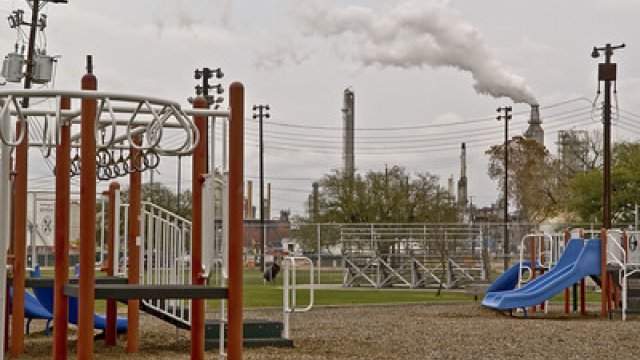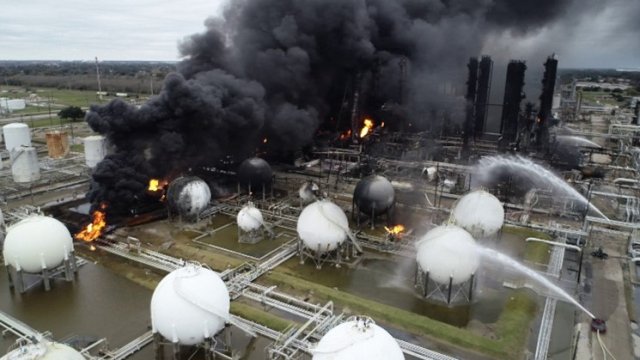National Enforcement and Compliance Initiatives
EPA focuses its enforcement and compliance assurance resources on the most serious environmental violations by developing and implementing national program priorities, called National Enforcement and Compliance Initiatives (NECIs). The NECIs are in addition to the EPA’s core enforcement work, including protecting clean and safe water, reducing air pollution, and protecting safe and healthy land.
Fiscal Year 2024-2027 NECIs
On August 17, 2023, EPA’s Office of Enforcement and Compliance Assurance (OECA) announced its selection of six priority areas as the National Enforcement and Compliance Initiatives (NECIs) for Fiscal Years 2024-2027.
Each of these six NECIs address an environmental and public health challenge, the kind of challenge that is difficult to tackle without additional resources and a concerted national effort. Each initiative incorporates environmental justice considerations to ensure the benefits of our Nation’s environmental laws can be shared by everyone living in the United States. Taken together, these initiatives comprehensively address significant environmental problems across media: air, water, and toxics.
Using the full scope of EPA’s enforcement and compliance tools to confront the most significant public health and environmental challenges will help protect vulnerable and overburdened communities and promote a sustainable future. The six FY 2024-2027 NECIs are:
-
Mitigating Climate Change

Seeks to address three separate and significant contributors to climate change:
- methane emissions from oil and gas facilities;
- methane emissions from landfills; and
- the use, importation, and production of hydrofluorocarbons.
-
Addressing Exposure to PFAS

Seeks to achieve characterization, control, and compliance for PFAS contamination from major manufacturers, federal facilities, and other industrial parties who significantly contributed to the release of PFAS contamination into the environment.
-
Protecting Communities from Coal Ash Contamination

Seeks to identify and meaningfully reduce the most significant risks to drinking water, surface and groundwater resources, and air quality, from coal ash disposal.
-
Reducing Air Toxics in Overburdened Communities

Seeks to provide cleaner air to overburdened communities harmed by companies that violate Clean Air Act air toxics regulations.
-
Increasing Compliance with Drinking Water Standards

Seeks to improve compliance at Community Water Systems regulated under the Safe Drinking Water Act to ensure clean and safe drinking water.
-
Chemical Accident Risk Reduction

Seeks to decrease the likelihood of chemical accidents by addressing significant non-compliance with Clean Air Act Risk Management Program requirements at facilities handling extremely hazardous substances.
